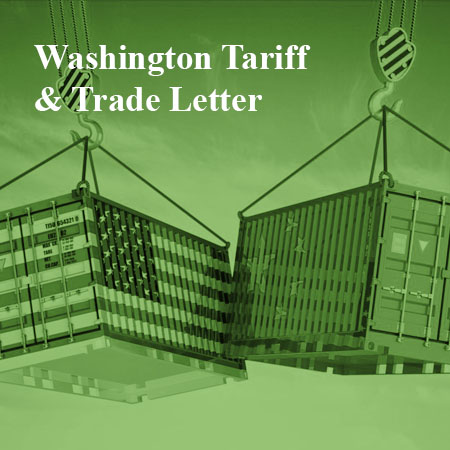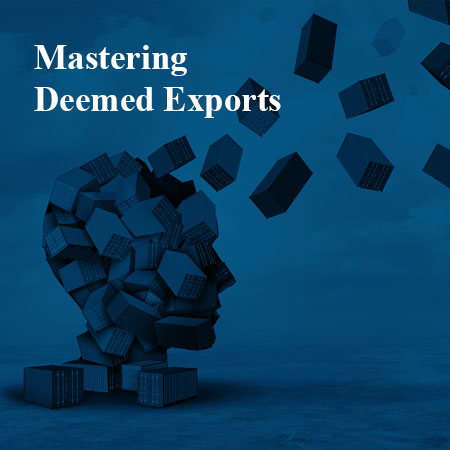Global Business Solutions Named 2020 EXIM Broker of the Year
September 11, 2020
(Ex-Im Bank)
WASHINGTON — Global
Business Solutions (link is external) (GBS), a woman-owned export risk
mitigation firm headquartered in Winston-Salem, North Carolina, has been named
Broker of the Year by the Export-Import Bank of the United States (EXIM) for its
exemplary service and commitment to small business exporters. The company was
honored during EXIM’s 2020 Annual Conference, the largest conference in the
agency’s history, which is being held virtually September 9-11.
A small business established in 2004, GBS became a registered EXIM broker in
2006, specializing in export credit insurance and risk mitigation. In 2019,
under the leadership of GBS President Kathy Edwards, the company registered one
of the highest percentage increases in EXIM authorizations by amount among all
brokers, and its EXIM portfolio of business had the highest percentage of small
businesses.
“EXIM’s broker partners play a critical role in supporting small business
exporters, and we are pleased to honor the exemplary service and commitment
demonstrated by Global Business Solutions,” said EXIM President and Chairman
Kimberly A. Reed. “We at EXIM look forward to continuing to work with them,
and the entire broker community, to support America’s small businesses as they
export their ‘Made in the USA’ goods and services worldwide.”
GBS President Edwards, an active member of the North Carolina District Export
Council, is committed to partnering with clients so their businesses can grow
globally with minimal risk. GBS was previously honored as EXIM Broker of the
Year in 2011.
“Global Business Solutions is honored to have been selected a second time as
EXIM's Broker of the Year,” said GBS President Edwards. “As a former
exporter and banker, we realize the tremendous benefit EXIM provides to
businesses of all sizes. Our committed 16-year partnership with EXIM has enabled
us to assist countless firms increase sales, add jobs, and grow their businesses
through export while minimizing risk of nonpayment and increasing availability
to capital. We look forward to continuing this important partnership with EXIM
for many years to come.”
Export credit insurance accounts for the majority of EXIM’s authorizations,
most of which is distributed by insurance brokers like GBS. These brokers
provide industry and product expertise that ensures their exporting customers
obtain the most appropriate coverage at the most affordable price.
U.S. companies, particularly small businesses, can utilize EXIM’s financing
tools and resources to increase their international sales, showcase their
“Made in the USA” products, and sustain American jobs. By partnering with
EXIM, exporters can mitigate the risk of nonpayment on international sales,
offer credit terms to foreign buyers, and access working capital loan
guarantees. In addition, EXIM has implemented several COVID-19 (coronavirus)
relief measures for U.S. exporters and financial institutions to enhance the
agency’s existing programs.
Welcome to the Exporting Source
Your one-stop resource for finding help to export to new customers, to learn about government export programs, to join export-promoting trade missions, to sign up for trade conferences and training, and to link to other exporting services. Whether you're an old hand at exporting or just getting started, the Exporting Source provides a place to locate foreign customers, export financing and foreign investment assistance.

The Export Practitioner
Providing readers with expert reports on changes to U.S. export licensing rules, enforcement policies and regulations for defense and dual-use products and technology.

Washington Tariff & Trade Letter
Providing exclusive, behind-the-scenes news and analysis every week of U.S. trade policies, regulations and legislation, export controls, trade sanctions, and enforcement of antidumping and countervailing duty laws.

Mastering Deemed Exports
An invaluable video training tool that helps exporters, universities and research laboratories alert all employees to the potential fines and legal sanctions that can come from violating EAR and ITAR restrictions on giving certain foreign nationals access to controlled U.S. technology.